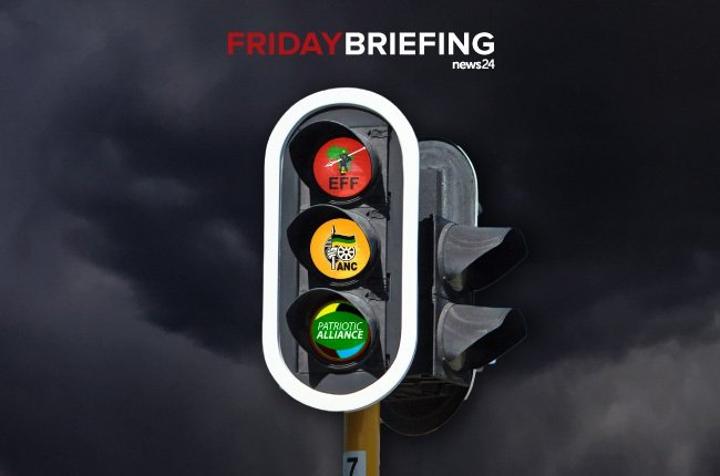Africa-Press – South-Africa. If you, like me, have been away from South Africa for the past two weeks, you’d be forgiven for being completely confused about why the City of Johannesburg and Nelson Mandela Bay have new mayors.
Barely a year since the municipal elections, fragile multiparty coalition governments have fallen apart amid confusion, greed for positions and almost no consideration for what is best for the citizens.
In Nelson Mandela Bay, the DA worked earnestly to lure smaller parties into a mega coalition agreement to unseat the ANC.
In turn, the ANC hit back, pulling the City of Johannesburg away from the ANC with the help of minor parties.
There are coalition agreements in six of the country’s eight metros, which have been mired in drama, chaos and instability.
I was part of a study tour delegation to Germany organised and sponsored by the Hans Seidel Foundation to observe how coalitions are done there. At the same time, some political party leaders were in Denmark observing how they do coalition governments and what South Africa can learn from Europe.
We can now agree that coalitions are here to stay in South Africa, and this is likely going to be the case after the 2024 national elections.
We are beyond the binary discussion of whether coalitions are good or bad. It is inevitable and what the voters want.
In this week’s Friday Briefing, political party leaders and analysts weigh in on how South Africa can better manage coalitions in the interests of citizens.
The DA’s Helen Zille argues that coalitions in the South African context will lead to permanent instability unless the country makes crucial changes to the laws that shape them.
She believes that political squabbling is only part of the problem in coalitions. She argues that the real reason why most multiparty coalitions are not working in South Africa is structural.
The Freedom Front Plus’ Corne Mulder has written about what he learnt about coalitions following a trip to Denmark.
He writes that the biggest party in the coalition should be the humblest of all, and that coalitions should be negotiated and managed locally and not through national leaders.
He further echoed Zille’s view that smaller “fly by night” parties affect the stability of coalition agreements.
Lindiwe Ndlela, the Head of Programmes at the Public Affairs Research Institute, argues that without proper care to formulate citizen-centric coalition agreements, stability will remain a pipe dream, and service delivery will continue to suffer. Finally, the University of Nelson Mandela’s Ongama Mtimka writes that politicians were warned in the aftermath of the 2021 Local Government Elections that the system of creating a government by following the standard zero-sum executive mayoral system in hung municipalities was not the only and most sustainable path to follow.
We hope this week’s edition of Friday Briefing helps you navigate the complexities of coalitions and what is to come.
For More News And Analysis About South-Africa Follow Africa-Press






